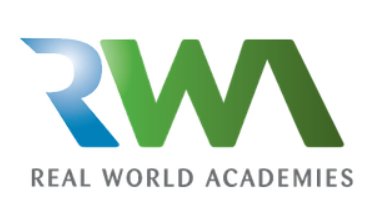Protecting Integrity of Sports: Combating Corruption
Sports hold immense cultural significance, fostering a sense of community, fair play, and individual achievement. However, this very foundation is threatened by the presence of corruption. This article aims to shed light on the detrimental effects of corruption in sports and potential avenues for combating it.
Understanding Sports Corruption:
Corruption in sports manifests in various forms, including:
Match-fixing
Deliberately influencing the outcome of a competition for personal gain, often through bribery.
Embezzlement
Misusing funds entrusted to a sports organization for personal benefit.

Doping
Using prohibited substances or methods to enhance athletic performance unfairly.
Consequences of Corruption:
These acts of corruption have severe consequences, including:
Eroding trust
Fans lose faith in the fairness of competitions, leading to disengagement and disillusionment.
Discouraging participation
Potential athletes may be discouraged from entering a sport tainted by corruption.
Unfair playing field
It disadvantages honest athletes who compete by the rules and undermines their dedication.
Combating the Threat:
Combating sports corruption requires a multi-pronged approach:
Raising awareness
Educating athletes, fans, and the public about the different forms of corruption and their negative impacts is crucial.
Promoting ethical practices
Encouraging sports organizations to implement robust ethical codes and compliance programs helps prevent and detect corrupt activities.
Supporting whistleblowers
Providing safe channels and protection for individuals who report corruption is essential for exposing wrongdoing.
Holding culprits accountable
Advocating for strong penalties for individuals and organizations involved in corruption acts as a deterrent and ensures justice.
Protecting the Game:
